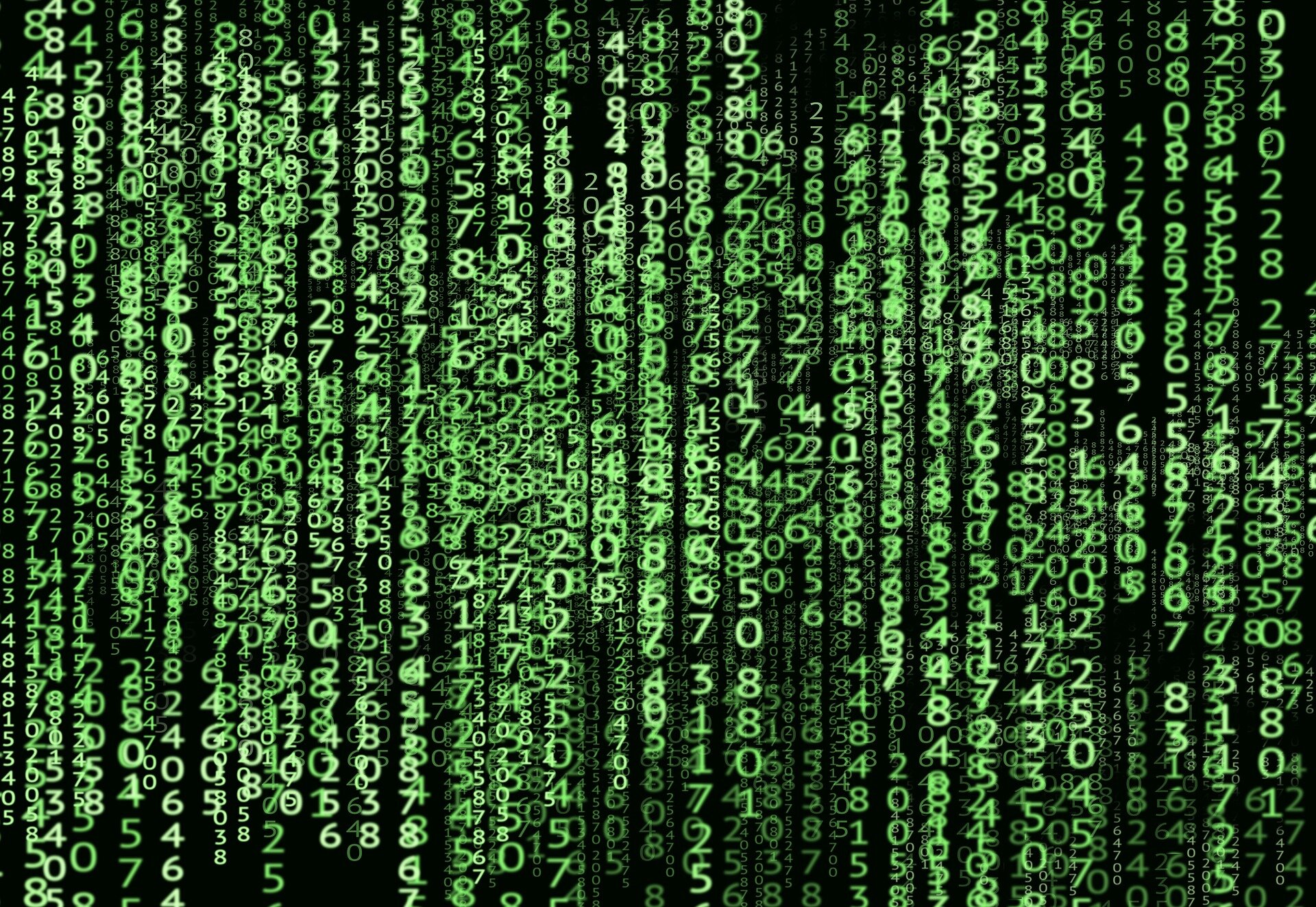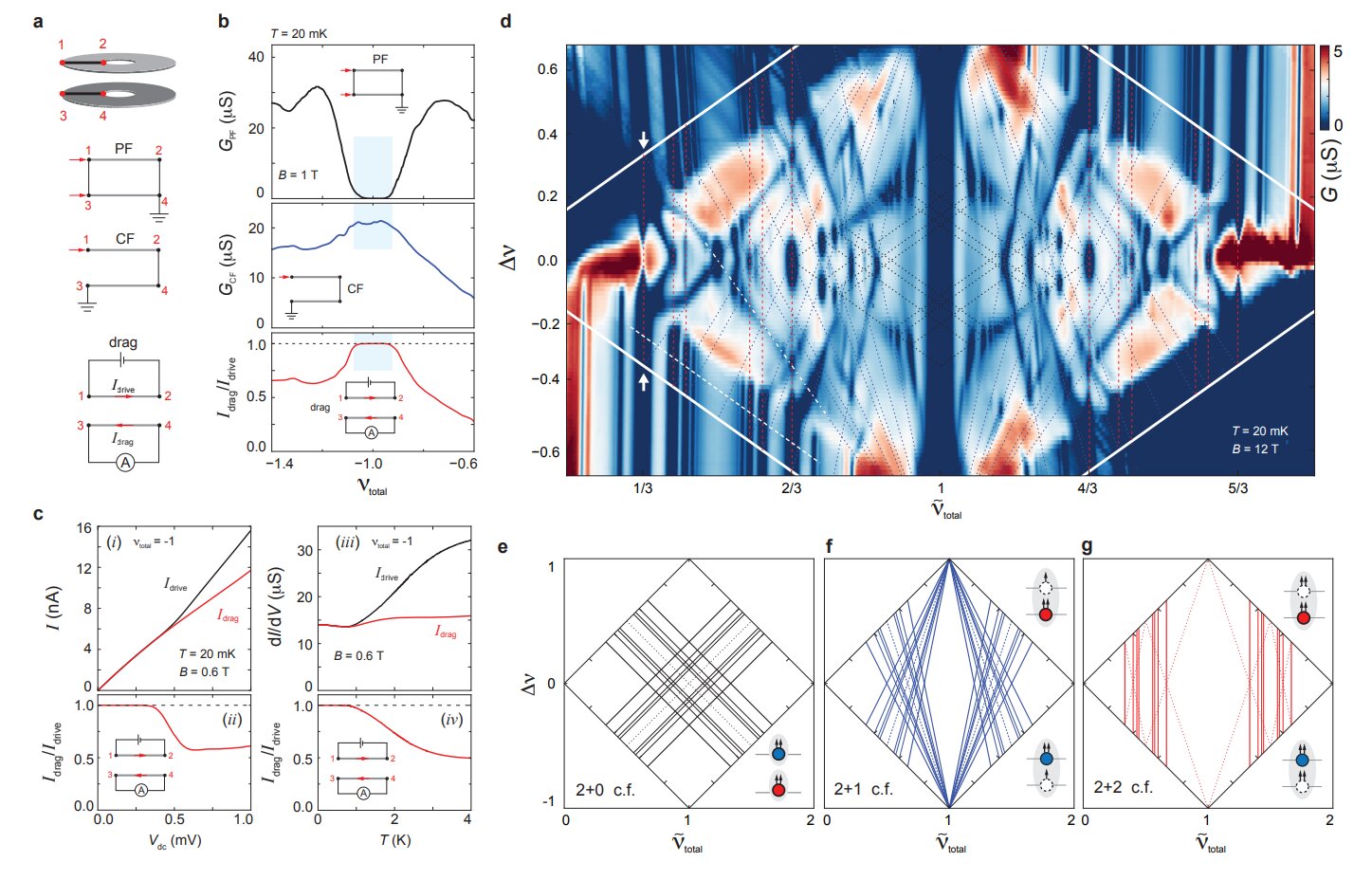
A team of international researchers has used the unpredictable nature of quantum mechanics to create a device capable of generating truly random numbers.

In a new study, physicists at Brown University have now observed a novel class of quantum particles called fractional excitons

The Nobel Prize for Physics 2022 has been awarded to three physicists working on quantum mechanics - Alain Aspect from France, John Clauser from the United States and Anton Zeilinger from Austria.

Each atom carries a small magnetic moment called spin. These spins influence each other. If you give one of them a push, they will start moving together in a very specific way. Atoms can feel each other.

Inside a small metal box on a laboratory table in Vienna, physicists have engineered, perhaps, the quietest place on Earth. At this level of stillness, our conventional wisdom about motion breaks down, as the bizarre rules of quantum mechanics kick in.

Researchers have created a quantum circuit that enables them to listen to the weakest radio signal allowed by quantum mechanics. This opens the door to possible future applications in areas such as radio astronomy and medicine.

US researchers have discovered a quantum state of matter that is 10 times more tuneable than existing theories can explain. This opens enormous possibilities for next-generation nanotechnologies and quantum computing.

The researchers managed to bring the motions of two individual vibrating drumheads -- fabricated from metallic aluminium on a silicon chip -- into an entangled quantum state.

Physicists have identified a new state of matter whose structural order operates by rules more aligned with quantum mechanics than standard thermodynamic theory.

Surprisingly, a quintessential equation of quantum mechanics emerges while studying astronomical disks of orbiting material.

Researchers from two teams now working with Intel have reported advances in a new quantum computing architecture, called spin qubits.

A team from Australia have found a "quantum hack" - a way to modify qubit surface codes, improving quantum error correction by up to four hundred per cent.

Australian and Dutch engineers created a complete design for a quantum computer chip that can be manufactured using mostly standard industry processes.

Physicists have invented a microcircuit based on topological insulators, a new phase of matter awarded the 2016 Nobel Prize in Physics.

Researchers have built the most sophisticated quantum computer yet, signaling progress toward a powerful new way of processing information.